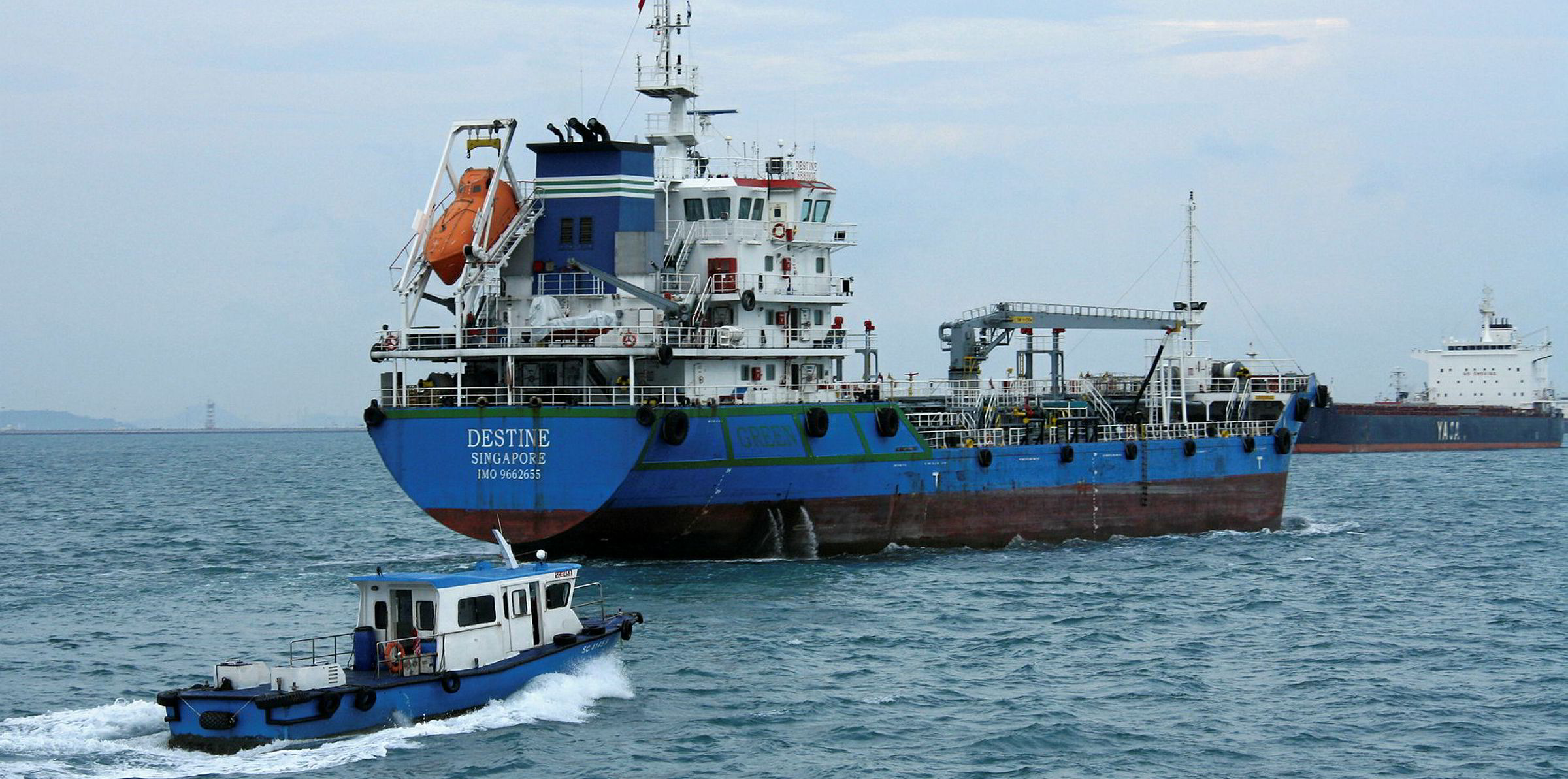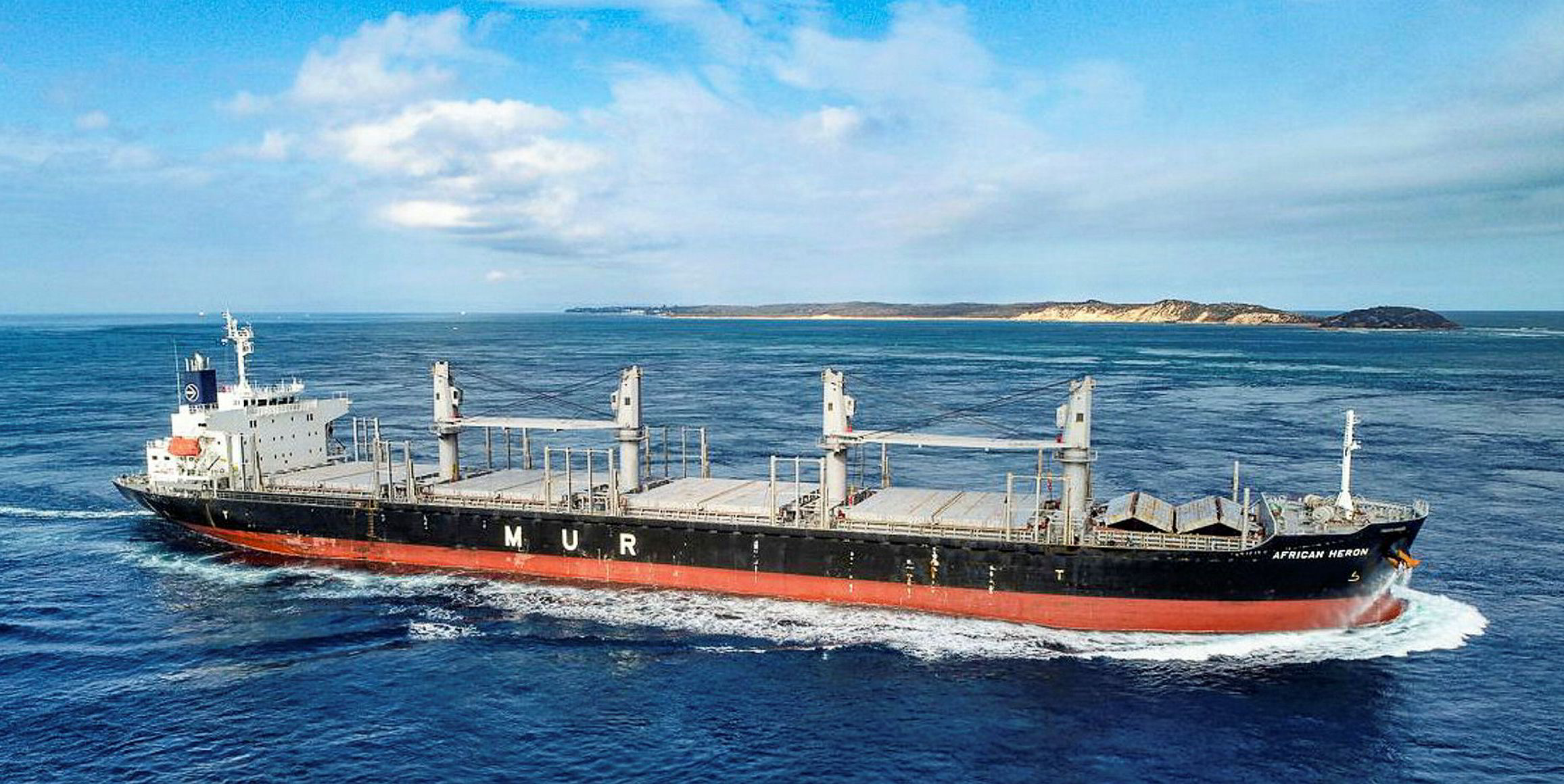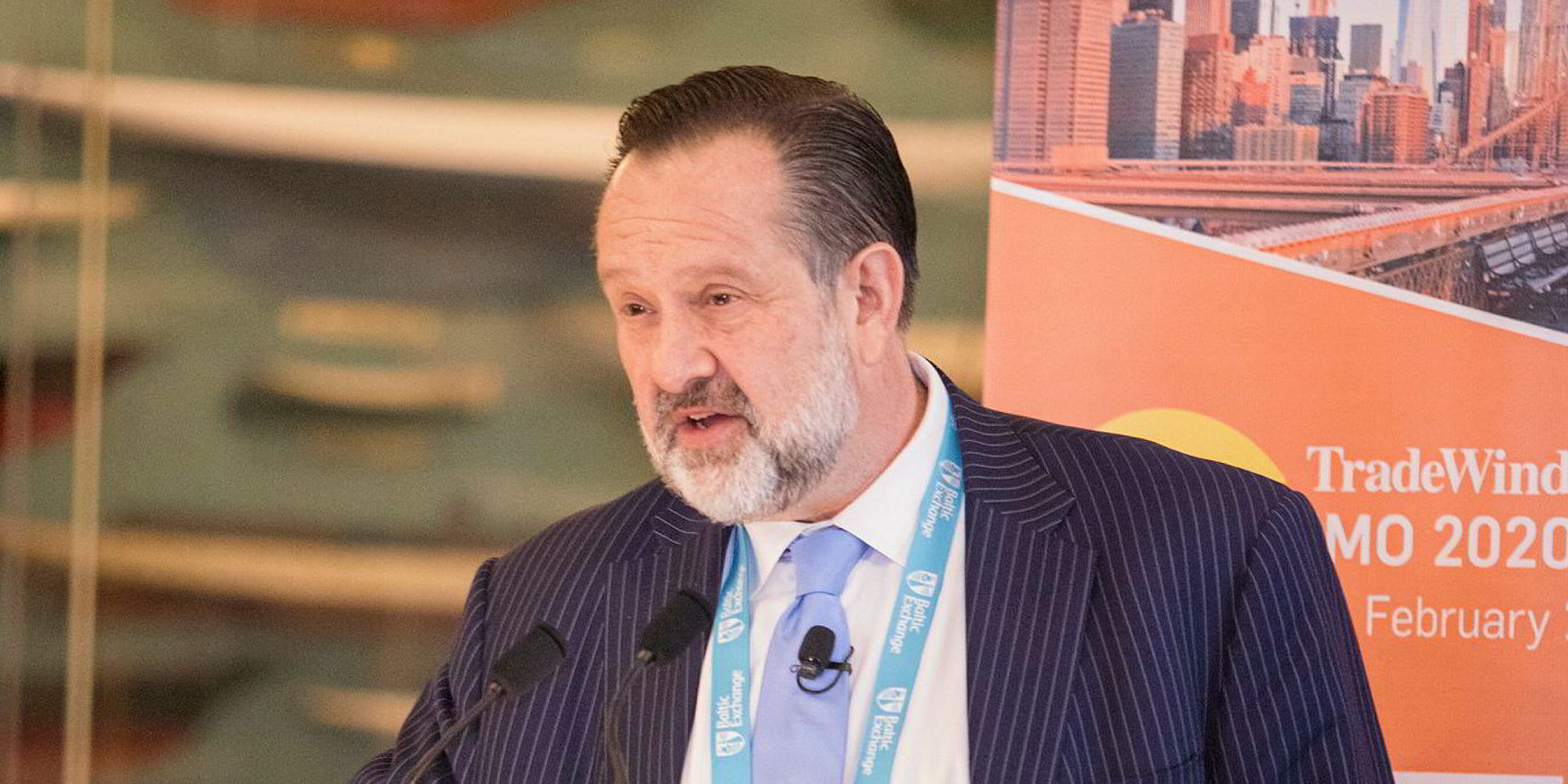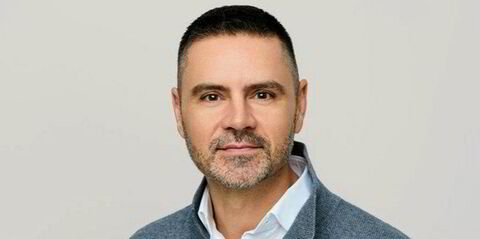Marine fuel demand at some of the world’s largest bunkering hubs has held up firm during the coronavirus pandemic, official sales data show.
In Singapore, the world’s largest bunkering hub, total sales increased to 4.32m tonnes in March from 4.09m tonnes in the same month of last year.
“I reckon April will [also] be strong actually…more tankers arriving and also we see more capesize moving towards the Atlantic,” said a Singapore-based broker.
“[This] means they will be bunkered in Singapore instead of China.”
Total bunker sales in Rotterdam reached 2.37m cbm between January and March, up from 2.31m cbn in the first quarter of last year, according to the port authority. No monthly figures are available.
Marine fuel sales in Panama decreased marginally by 0.4% to 448,093 tonnes in March, according to the Panama Maritime Authority.
In line with the IMO 2020 switch, the ports experienced dwindling sales of high sulphur fuel oil and burgeoning volumes of very low sulphur fuel oil (VLSFO).
While the Covid-19 outbreak has led to a general collapse in global oil consumption, demand for marine fuel is sustaining better than lighter end products like gasoline and jet fuel, according to analysts.
Rystad Energy estimates jet fuel demand will drop by 33.6% and road fuel by 11.2% in 2020, with April taking the worst hit.
“Unlike for airplanes, most ships never stopped, except for ferries and cruiseships,” but Banchero Costa’s research head Ralph Leszczynski pointed out.
“For airplanes, passenger liners vastly outnumber pure cargo airplanes. For ships, bulk carriers and tankers vastly outnumber passanger ships. There is dislocation [of demand] in different products… And this puts refiners in a tricky situation.”
In China, refineries have been hiking production of VLSFO in hopes of harnessing the relatively firm bunker demand.
Argus Media reported that Beijing had issued the first batch of bunker export quotas for 2020 to five companies, which would be allowed to sell 10m tonnes to overseas firms. Another 5m tonnes of quotas are expected later this year.





